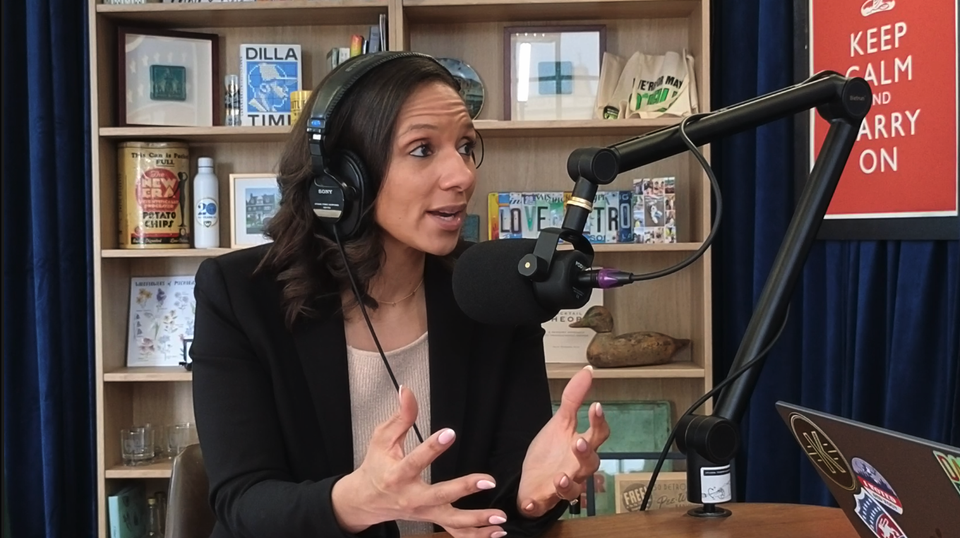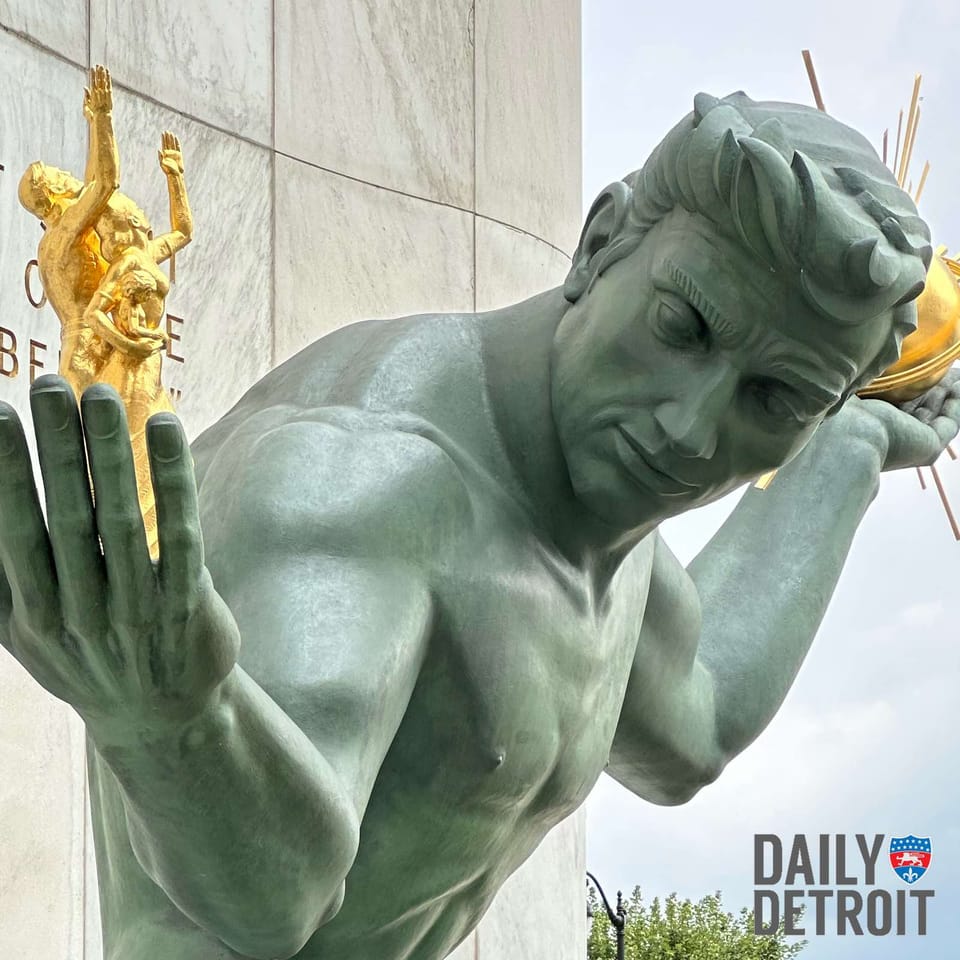Although Martin Luther King day is today – January 16, 2017 – we’re going to step back in history, to June, 1963.
Before the Reverend Martin Luther King, Jr. delivered his famous “I Have A Dream” speech in Washington, D.C., he used a version of it in Detroit at Cobo Hall in June of 1963.
It was part of a “Walk to Freedom” march with more than 125,000 people coming to downtown Detroit. It was the largest until the famous event at the Lincoln Mall in Washington, D.C.
Why was the “Walk to Freedom” in Detroit on June 23, 1963?
It was to remember the end of race riot that had happened twenty years earlier, from June 20-22 1943, where two different but horrible rumors spread in the black and white communities at the same time.
Feeding off tensions at the time around jobs and housing (if you were black you weren’t allowed to buy a house where you wanted, for instance), there was a false rumor that a mob of whites had thrown an African-American mother and her baby into the Detroit River; and another false rumor through white neighborhoods that blacks had raped and murdered a white woman on the Belle Isle Bridge.
This was not going to end well. It also is a vivid example of what damage can happen when groups of people make decisions based on false information.
Gangs of whites pulled blacks off streetcars, and eventually attempted to attack black neighborhoods. Windows were smashed. The riot popped up in pockets around the city, starting on the island of and at the foot of Belle Isle.
People were beat on Woodward Avenue near the Detroit Institute of Arts. It spiraled out of control for three days, with atrocious violence on all sides. 34 people were killed and 433 were wounded (some reports say more than 600 injured). 17 of those killings were by the police. It took about 6,000 federal troops to put the brakes on the situation.
Thirteen of those deaths in 1943 remain unsolved to this day.
Whether it was 1943, 1967, or various skirmishes in the 1800s, Detroit has a long and tangled racial history. It’s important we remember it and learn from our past so we can move forward, together, for a better future.
As Martin Luther King, Jr. said:
” … I hope you will allow me to say to you this afternoon that God is not interested merely in the freedom of black men and brown men and yellow men. God is interested in the freedom of the whole human race. And I believe that with this philosophy and this determined struggle we will be able to go on in the days ahead and transform the jangling discords of our nation into a beautiful symphony of brotherhood.”
May our streets never see mass violence of that kind again, and we hope one day, no violence whatsoever.















